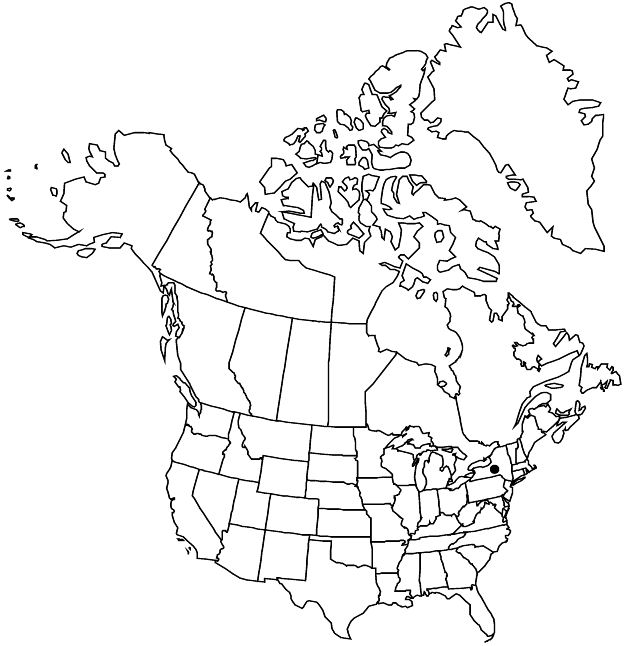Cotoneaster cochleatus
Wiss. Z. Martin-Luther-Univ. Halle-Wittenberg, Math.-Naturwiss. Reihe 6: 952. 1957.
Shrubs, to 0.4 m. Stems prostrate or nearly so, carpeting, rooting; branches spiraled and distichous, dense, red to purple-black, slender, initially yellow-green strigose. Leaves persistent; petiole 1–4 mm, strigose; blade obovate to broadly obovate, rarely suborbiculate, 5–14 × 3–9 mm, coriaceous, base obtuse or broadly cuneate, margins slightly revolute, veins 2 or 3, superficial, apex obtuse, sometimes emarginate, abaxial surfaces grayish, reticulate, initially densely strigose-villous, adaxial dark green, shiny, not glaucous, sometimes lightly rugose, glabrescent. Inflorescences on fertile shoots 8–15 mm, usually with 4 leaves, 1(–3)-flowered. Pedicels 3–5 mm, strigose. Flowers 7–10 mm diam.; buds pinkish; hypanthium cupulate, strigose or pilose-strigose; sepals: margins villous, apex obtuse or acute, surfaces initially sparsely pilose-strigose; petals spreading, white, glabrous; stamens (15–)20, filaments white, anthers dark purple; styles 2(or 3). Pomes bright red to crimson, subglobose, 7–9 × 8–10 mm, slightly shiny, not glaucous, sparsely pilose; sepals suberect, sparsely strigose; navel slightly open; style remnants at apex on small projection. Pyrenes 2(or 3). 2n = 68 (Germany).
Phenology: Flowering May–Jun; fruiting Sep–Nov.
Habitat: Forest edges
Elevation: 0–50 m
Distribution

Introduced; N.Y., Asia (China), introduced also in Europe.
Discussion
Cotoneaster cochleatus was treated as a variety of C. microphyllus by L. Lingdi and A. R. Brach (2003); here the two are distinguished at species rank, following H. Nybom et al. (2005). Plants of C. microphyllus have a suberect habit, usually elliptic leaves (rarely broadly obovate) with acute apices, and pomes 6 mm wide; C. cochleatus is always prostrate and has usually obovate leaves (rarely suborbiculate) with blunt apices, and pomes 8–10 mm wide.
Selected References
None.